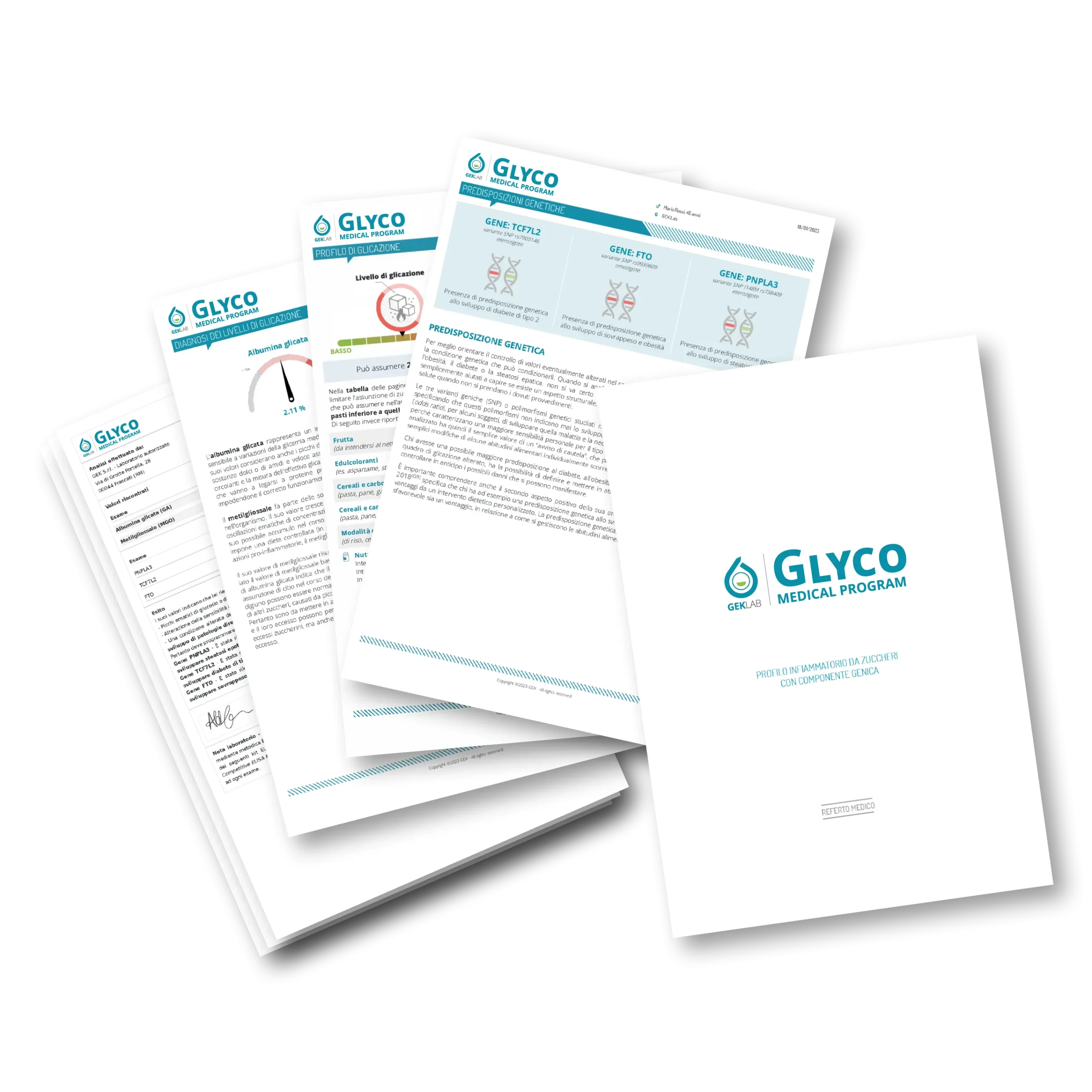
Cholesterol is often seen as an absolute enemy to our health, but is that really the case? In this article, we will explore the role of cholesterol in our body’s functioning, the difference between good and bad cholesterol, the unexpected relationship between sugar and cholesterol, and how diet and lifestyle can influence its levels.
Cholesterol: what it is and what it does
Cholesterol is a lipid, a fatty substance, that circulates in the blood—but that’s not its only role. Our cell membranes are also made up of cholesterol, and our brain contains extremely high amounts of it, without which it wouldn’t function properly.
It is mainly produced by the liver but can also be obtained through food.
Cholesterol is essential for the production of vitamin D, steroid hormones (such as cortisol, which helps regulate stress), sex hormones (like estrogen and testosterone), and bile acids, which aid in fat digestion.
However, excess cholesterol can lead to serious health problems, especially for those with hypertension, obesity, or a high risk of coronary artery disease.
Cholesterol is essential for the production of vitamin D, steroid hormones (such as cortisol, which helps regulate stress), sex hormones (such as estrogen and testosterone), and bile acids, which aid in fat digestion.
Good Cholesterol and Bad Cholesterol
HDL is known as “good” cholesterol because it plays a protective role for the heart and circulatory system. Its main task is to transport excess cholesterol from the arteries and other parts of the body to the liver, where it is either eliminated or recycled. A high level of HDL is considered beneficial as it helps prevent the buildup of cholesterol on the walls of the arteries, reducing the risk of atherosclerosis and cardiovascular diseases.
LDL, on the other hand, is known as “bad” cholesterol because its excess can be harmful to health. If its level in the blood is too high, it can accumulate on the walls of the arteries and form plaques. This condition is called atherosclerosis and can lead to a reduction in blood flow, increasing the risk of cardiovascular diseases such as myocardial infarction or stroke.
To determine whether the cholesterol value reported by tests represents a problem, one should compare the total cholesterol levels with those of “good” cholesterol (HDL). If the ratio between these two values is 4.5 or lower for women, and 5 or lower for men, the cholesterol value is considered normal, even if the total cholesterol is relatively high. Very high cholesterol levels, even with elevated HDL levels, still deserve attention due to the overall excess of circulating fats.
Diet and Cholesterol
Diet can have a significant impact on cholesterol levels. Foods rich in hydrogenated and trans-hydrogenated vegetable fats (such as margarines, chips, or some packaged baked goods) can increase bad cholesterol and are linked to an increased risk of cardiovascular disease.
On the other hand, a diet rich in fiber, monounsaturated fats, and polyunsaturated fats can help reduce cholesterol levels. Some foods, such as nuts and fatty fish, as well as olive oil, are particularly beneficial for cholesterol control. Many whole grains (barley, rye, oats), thanks to beta-glucans, also help modulate cholesterol concentrations.
It is important to note that only 20% of the cholesterol in our body comes from food, while 80% is endogenous, produced by the liver, mainly during the night. This production is stimulated by excessively large evening meals, often imbalanced with a high amount of carbohydrates.
And sugars? What role do they play in influencing cholesterol levels?
Sugars and Cholesterol
Excessive intake of sugars causes an increase in insulin levels, which triggers a series of processes that stimulate cholesterol production. The regulation of insulin levels is closely linked to the blood sugar spikes caused by meals or individual foods.
“Additionally, sugars and similar substances (excessive fruit, sugary snacks, or excessively imbalanced meals in favor of carbohydrates) lead to an increase in various free radicals, including Methylglyoxal, a highly oxidizing and inflammatory substance. This, by binding to ‘good’ cholesterol, reduces its levels, leading to an increase in so-called ‘bad’ cholesterol and raising cardiovascular risk (as well-documented since 2014 by Godfrey L et al, Nutr Diabetes. 2014 Sep).
The best way to regulate these phenomena is to choose foods and build meals with a low glycemic impact, while also understanding your personal inflammation profile from sugars and foods, for example, through the Glyco Medical Program or the PerMè Medical Program.
Lowering Cholesterol
If cholesterol levels are too high, there are several ways to lower them. These include changes in diet, increased physical activity, and, in some cases, the use of medication. However, it is important to remember that cholesterol is not the only risk factor for cardiovascular diseases, and a holistic approach to heart health should also consider other factors such as hypertension, smoking, diabetes, and obesity. Additionally, it is important to note that lowering cholesterol through diet and lifestyle requires long-term commitment, and the changes must be maintained over time to have a lasting impact on cholesterol levels.
Cholesterol: Is It the Real Enemy of the Heart?
Recent research (for example, a study published in May 2018 in Nutrients) suggests that cholesterol may not be the enemy we think it is. Instead, inflammation could be the primary cause of cardiovascular diseases. This changes our understanding of the role of cholesterol and could lead to new approaches for the prevention and treatment of cardiovascular diseases. This new perspective on cholesterol reminds us that health is complex, and we cannot focus on a single risk factor or one aspect of our diet or lifestyle. Instead, we must consider the whole picture of our health and well-being.
Conclusion
Cholesterol plays an important role in our health, but our understanding of it is continuously evolving. As we continue to learn more about cholesterol and its role in our body, it is important to maintain a balanced and informed approach to our health. Cholesterol is not the only factor that affects heart health, and an approach that takes into account all physical, nutritional, and even psychological aspects is always the best. With the right support and management strategies, it is possible to keep cholesterol levels within a healthy and appropriate range and live a long, fulfilling life.
Edited by The scientific editorial team GEK Lab




